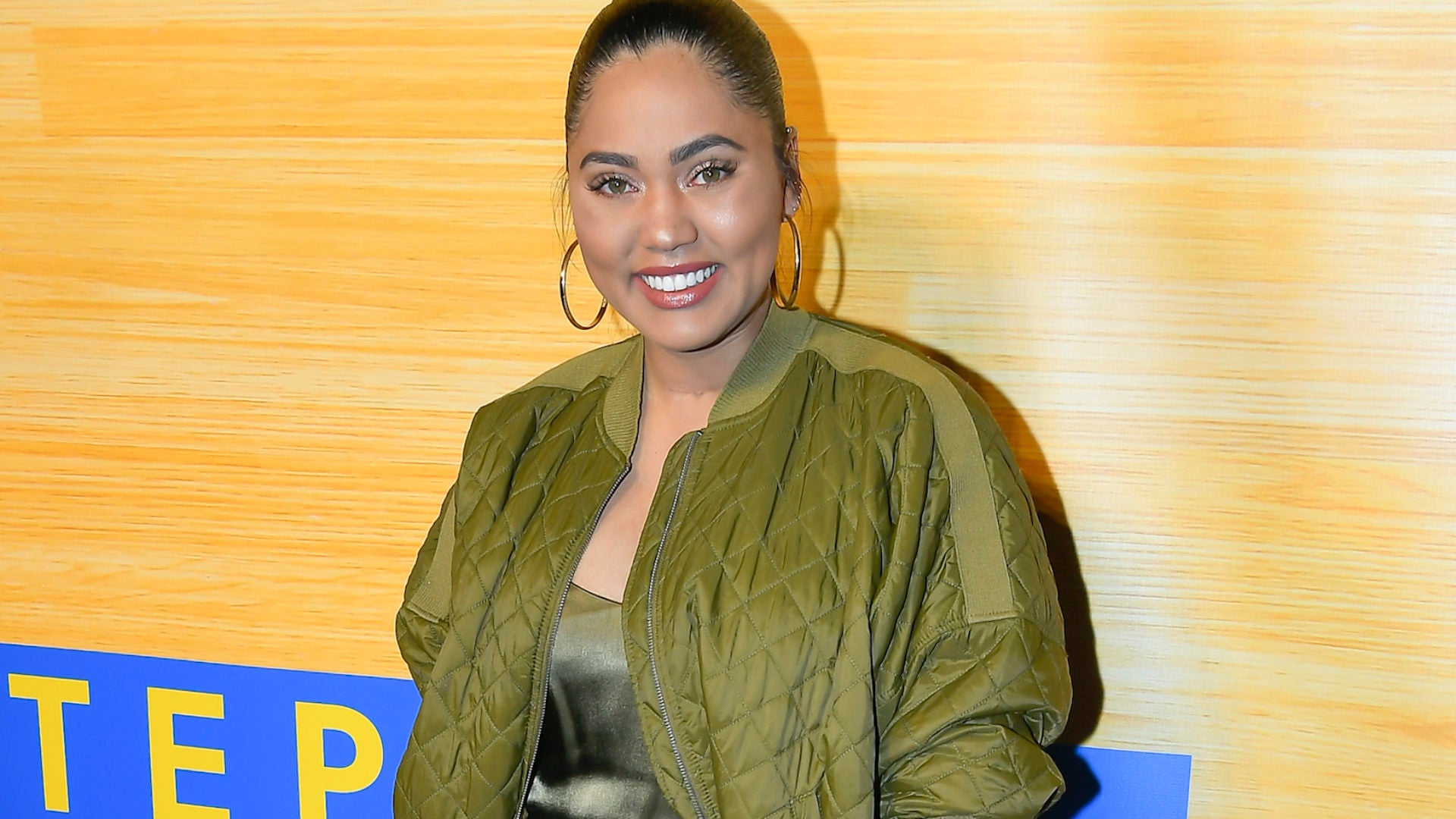
Ayesha Curry is calling on the Black community to embrace all shades. When appearing on The View last week, she opened up about her struggle to fit in after moving from Toronto to North Carolina.
The celebrity chef and host, who is of Jamaican, Chinese and Polish heritage, said, “Growing up in Toronto I was Black. I’m a Black woman. I moved to the south, to North Carolina, right at the start of high school at 14, and there it was like, ‘Who do you choose?'”
Curry said she found it hard to pick which part of her heritage she’d represented since she’s “always loved every part of me, but there it was like, ‘Nah, you’re going to go here.'”
“It seemed like my own community didn’t want to wrap their arms around me and embrace me and so that kind of hurt,” she continued. “I just want my community to embrace all shades because we come in so many different shades. Melanin is not one thing, it comes in so many shades.”
Curry’s comments sparked tons of conversation online, with many pointing out the ways darker skinned people are treated in the Black community, and even calling out Curry for not calling out the other communities she may identify with.
One Twitter user wrote in part, “Where is here energy for Chinese/Polish communities embracing her? Do Asian and white communities embrace her or is she only attacking Black [people]?”
Another user wrote, “Did she really frame the extremely racially polarized social structure in [North Carolina] as something that BLACK PEOPLE are responsible for? Hope to God the Polish and Chinese communities welcome her with open arms despite the unsightly Black backwash at the bottom of her racial cocktail.”
Curry has faced criticism before on her comments about colorism in the Black community. Back in May, the mother of three told Working Mother that she sometimes has to explain to her daughters that they are Black.
“They’re fair in complexion, and they’ve said: ‘I’m not Black; look at my skin.’ And I said: ‘No, no, no. You’re a Black woman. You have melanin. It’s part of who you are. Our descendants are from Africa. This is what that means.”
She added that it can be tough to explain because of her own relationship with the Black community.
“My own community needs to embrace everyone better. Sometimes I feel like I’m too Black for the white community, but I’m not Black enough for my own community. That’s a hard thing to carry.”